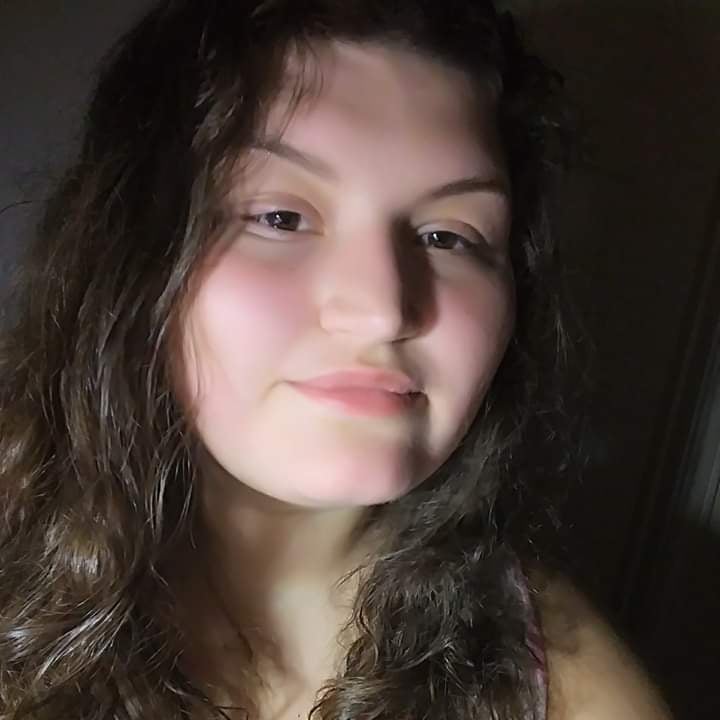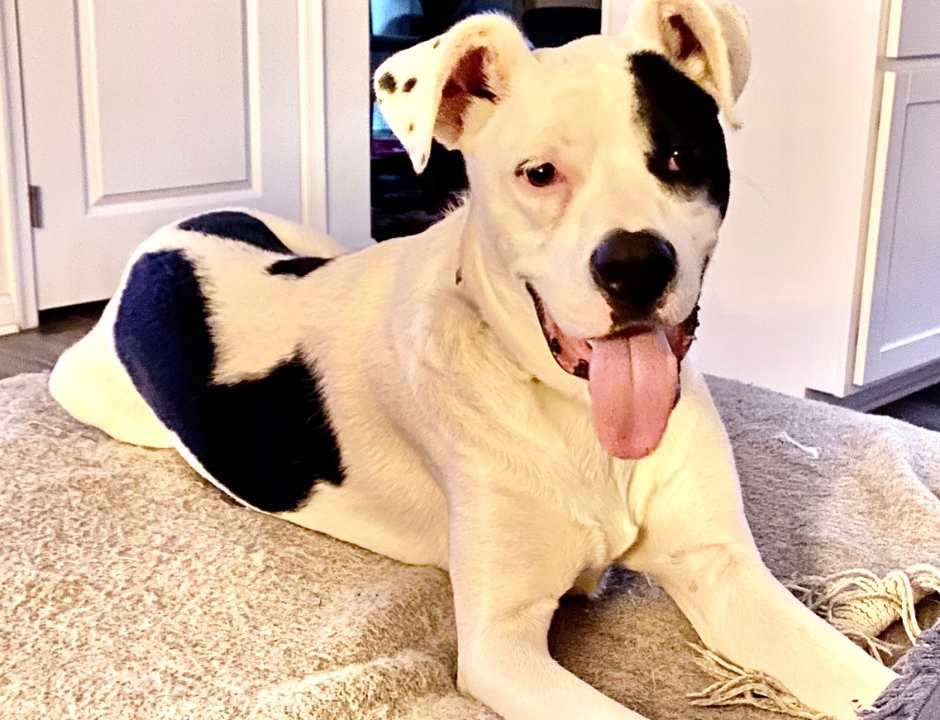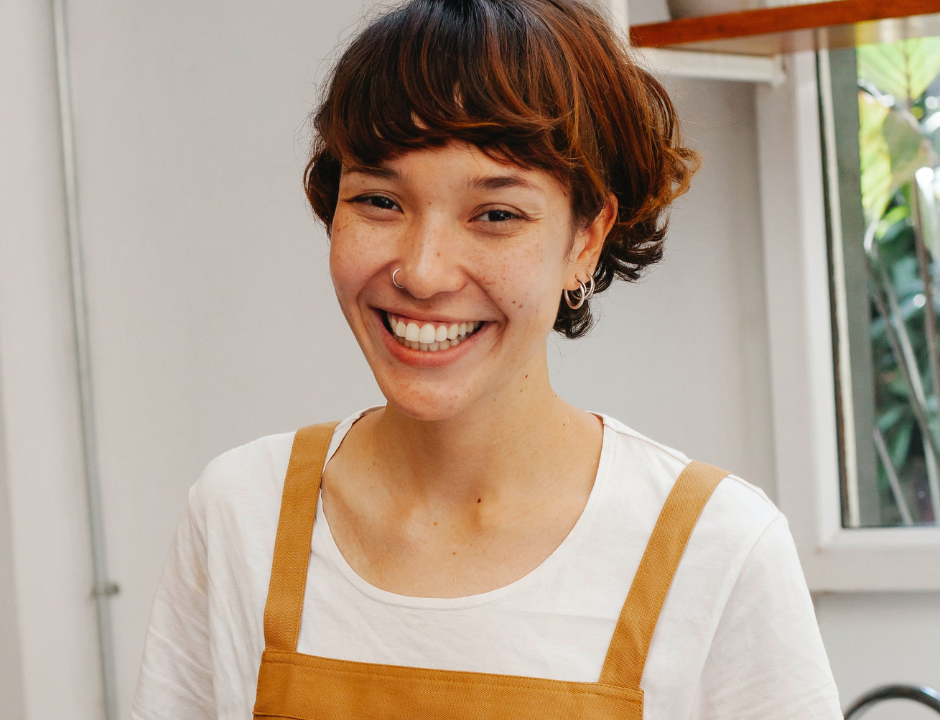
No one wants to be forgotten. No one wants to be left behind. Katie once struggled as a teen in foster care to see her potential. She was consumed by the worries of everyday life. Today, Katie is independent and thriving as she pursues her dreams of higher education, “shooting for the stars” as she says. She credits a strong support system and caring adults who waited in the wings rather than taking center stage for helping her to strive for the brighter future she imagines for herself.

Katie wants foster parents to know that every youth in foster care is unique. There will be a wide range of experiences and reactions to being in foster care and transitioning to independence. The transition to adulthood is challenging for everyone, not just youth in foster care. Foster parents don’t have to take charge over their transition, but being there as a patient and supportive presence is key. When young adults know they have someone to turn to for encouragement, they can find their way. Sometimes love is proven with actions along the way rather than words. For Katie, it’s about finding the right balance in your relationship with a teen between showing up as a cheerleader and sitting quietly on the sidelines.
Sometimes just being here with me through the bad, the good, anything else
Just doing little things together can help to build trust. That might be inviting a new child or teen in your home to watch a ball game if you hear they like a certain team or buying new shampoo when they mention they miss the type they used at home. Allow them to get comfortable in the house, in the new neighborhood, before you start telling them what to do and how to do it.
Talking to youth about their future and their goals is important, but you don’t want to “hammer the specifics right away.” Allow them to explore their own path to success in their own time. Prompting thoughtful consideration is one thing, but it’s most important to show that you are listening and that you care. College may not be for everyone. For youth in foster care or those about to age out of the system, there is already so much to worry about.
I wasn’t thinking about college at first. I was just thinking about how I was getting out and who I was going to be living with.

Katie didn’t believe that she could be successful in college until she joined College Fellows, an initiative of Fostering Great Ideas, where she receives mentorship and guidance from an Education Advocate. While 70% of fostered youth want to go to college, only 30% apply, and less than 10% graduate. Those who do attend often have no family supporting their journey and easily drop out. The goal of College Fellows is to encourage more youth to attend college, nurture their common bond, and provide accountability and support throughout their academic experience.
Between 20,000 and 25,000 young adults age out of foster care each year. There is a large gap in the number of former foster youth who graduate from college compared to their peers who were not in foster care. With a support system, that all can change.
Katie says it herself, “I needed a lot of emotional support and I was blessed enough to get it.” She developed an incredible relationship with Hope, her Education Advocate, who walked with her through the entire college process from applying to learning new life skills that helped her to be more successful in the classroom. Hope was there to help find the answers when Katie was unsure. “I call her an angel… an angel sent from the heavens.” Katie says it feels amazing when she now gets to tell people that she is a college student. “It’s been a wild ride, but one that’s worth it.”

Even with support, college wasn’t necessarily easy. Katie had to commit to taking responsibility for her education. She learned to take coursework seriously, to speak with professors when she didn’t understand lessons, and to ask for help. “I don’t want to feel like I’m failing,” she says of having to overcome her fear of not shrinking back when things get challenging. But with a support system, friends, and a mentor in Hope, Katie feels like she has a true shot at achieving her dreams. She hopes to finish up at Greenville Tech and go to a four-year college to pursue a career in performing arts. “Catch me at comedy clubs,” she says with a laugh.
For foster and adoptive parents or even just friends and foster care advocates, Katie encourages us all to not write off teens just because they’ve been through a lot. “We’re a handful but we’re really trying. I strongly recommend trying as well. We’re all human and make mistakes.” She quotes one of the lines from a favorite musical, “No one deserves to be forgotten. No one deserves to disappear.” You may not hear a lot about teens in foster care, but they need loving and caring families just like all the other children entering care.

Consider fostering or adopting a teen. There are currently 140 older youth in South Carolina’s foster care system that are legally free for adoption. Contact Heartfelt Calling for more information.
Can’t foster a teen right now? Consider becoming a mentor, tutor, or Guardian Ad Litem or CASA. You will never regret building relationships with children and youth in foster care. It may make all the difference.



